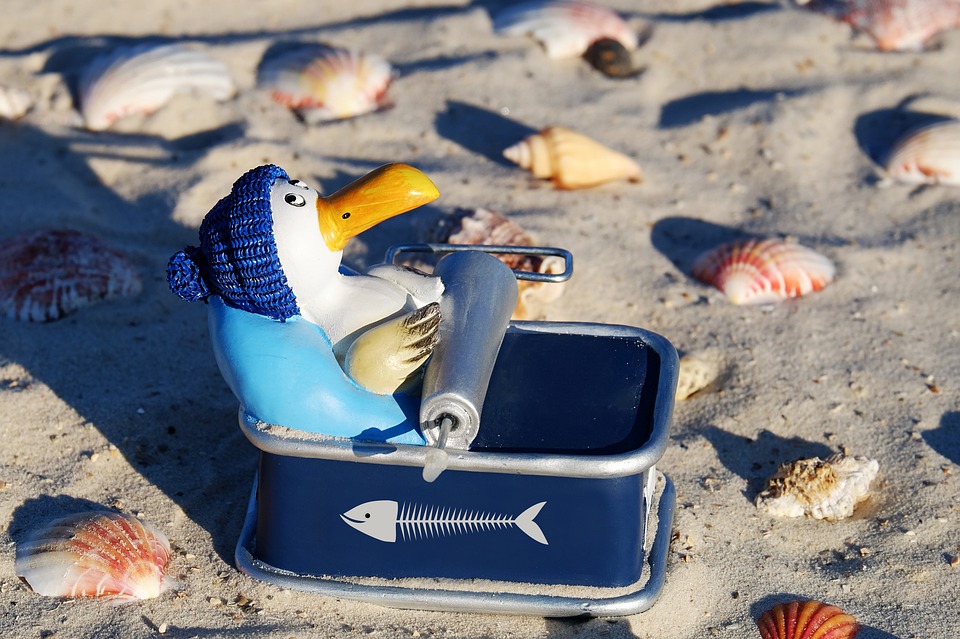Maintaining a healthy and thriving fish tank requires more than just providing the right environment and regular cleaning. One crucial aspect of fish care is ensuring proper nutrition. Malnourishment can lead to a variety of health issues and a visibly sickly appearance in your fish. In this article, we will delve into the causes and solutions for malnourished fish in your tank, offering valuable insights to help you maintain vibrant and healthy aquatic life.
Signs of Malnourished Fish:
1. Dull and Faded Colors: One of the most noticeable signs of malnourished fish is a lack of vibrant colors. Fish that are not receiving proper nutrition may appear faded or dull in their appearance.
2. Hollowed or Sunken Eyes: Malnourished fish may have eyes that appear hollowed or sunken. This can be a result of their body not receiving the necessary nutrients to maintain healthy eye tissues.
3. Emaciated or Skeletal Appearance: Another clear sign of malnourished fish is a visibly emaciated or skeletal appearance. These fish may appear thin and weak, lacking the necessary muscle and body mass.
4. Slow or Stunted Growth: Malnourished fish may experience slow or stunted growth compared to their healthy counterparts. This can be observed by comparing their size to the expected growth rate for their species.
Causes of Malnourished Fish:
1. Poor Quality Fish Food: Low-quality fish food may lack essential nutrients necessary for fish health. It is important to choose a nutrient-rich fish food that provides a balanced diet.
2. Overfeeding or Underfeeding: Both overfeeding and underfeeding can lead to malnourishment. Overfeeding can result in excess waste and poor water quality, while underfeeding deprives fish of the necessary nutrients.
3. Nutrient Deficiencies: Certain nutrients, such as vitamins, minerals, and essential fatty acids, are crucial for fish health. A deficiency in these nutrients can lead to malnourishment and various health issues.
4. Competition for Food: In community tanks with multiple fish species, some fish may dominate the food source, leaving others malnourished. It is important to ensure all fish have equal access to food.
5. Illnesses or Parasites: Fish that are suffering from illnesses or infested with parasites may have reduced appetite or difficulty absorbing nutrients, leading to malnourishment.
Solutions for Malnourished Fish:
1. Improving Fish Food Quality: Select a nutrient-rich fish food that meets the specific dietary needs of your fish species. Avoid fish foods with artificial fillers and additives that offer little nutritional value.
2. Establishing a Feeding Routine: Determine the right amount of food for your fish and establish a feeding routine. Avoid overfeeding, as excess food can lead to poor water quality, and underfeeding, which deprives fish of necessary nutrients.
3. Supplementing with Nutrients: Identify any nutrient deficiencies in your fish and consider introducing nutrient-rich additives or supplements to their diet. Consult a veterinarian for expert advice on the appropriate supplements for your fish.
4. Promoting a Peaceful Feeding Environment: Reduce aggression among tank mates by providing adequate hiding places and multiple feeding stations. This ensures all fish have equal access to food and reduces stress during feeding.
5. Treating Illnesses and Parasites: Become familiar with common fish diseases and promptly address any illnesses or parasite infestations. Administer appropriate medications or treatments and consider quarantining infected fish to prevent the spread of disease.
Conclusion:
Identifying and addressing malnourishment in fish tank fish is crucial for their overall health and well-being. By understanding the signs, causes, and implementing appropriate solutions, you can help your fish regain their vitality and vibrant appearance. Remember to invest in high-quality fish food, establish a feeding routine, provide necessary nutrients, maintain a peaceful feeding environment, and promptly address any illnesses or parasites. With proper care and nourishment, your fish will thrive and bring joy to your aquatic habitat.









